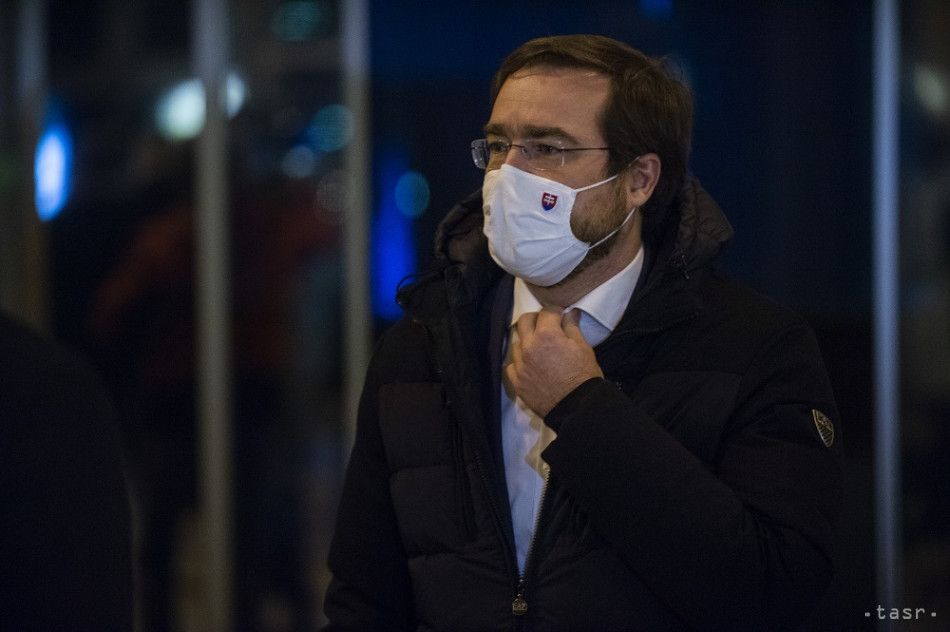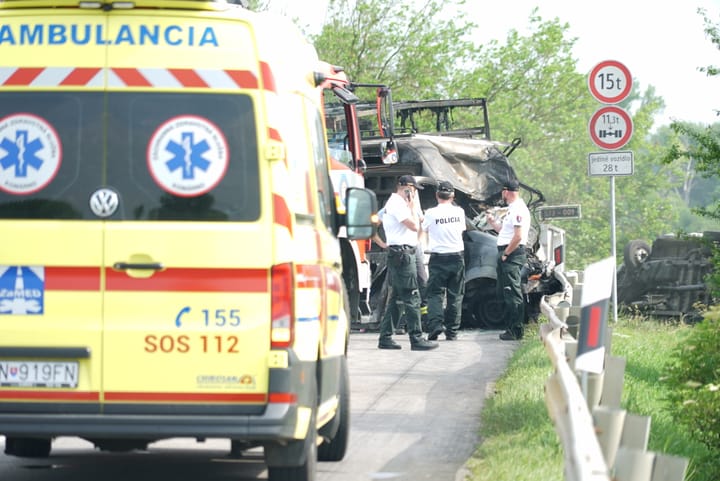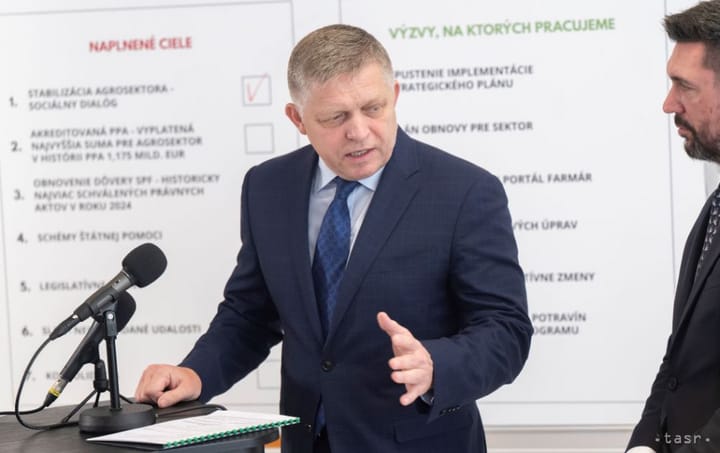Krajci: Epidemiological Situation in Slovakia Improving But Only Slightly

Bratislava, January 15 (TASR) – The situation in connection with the novel coronavirus pandemic is slightly improving in Slovakia but about 90 people are still dying from COVID-19 every day, Health Minister Marek Krajci (OLaNO) said on Friday.
The positivity of PCR tests as well as antigen tests has decreased. The reproduction number is at level 1. Hospitalisations aren’t growing very fast and 0.92 percent of Slovakia’s population is vaccinated against novel coronavirus. The worst situation is currently in Zlate Moravce district (Nitra region).
Of the neighbouring countries, the situation in the Czech Republic is still the worst. Compared to Slovakia, the circumstances are slightly better in Poland, Austria, Hungary and Ukraine.
Slovak hospitals have admitted 3,273 patients with COVID-19, while it was 3,142 last week. The number of individuals in need of lung ventilation stands at 279, growing from last week’s 248. The positivity rate of PCR tests decreased from 27 percent to 23 percent, as did the positivity rate of antigen tests, which dropped from eight percent to five percent. The situation is most critical in the districts of Zlate Moravce, Nitra, Piestany (Trnava region), Kosice-okolie (Kosice region) and Povazska Bystrica (Trencin region).
The Health Ministry has reconsidered the vaccination strategy. Seniors in old people’s homes will start to be vaccinated as of Monday (January 18) with the help of mobile vaccination units. The vaccination should then follow with seniors over the age of 75 years and with chronically ill people older than 65 years. Persons from critical infrastructure will be transferred to lists of substitutes. They’ll be vaccinated if the vaccines remain unused or if someone doesn’t show up for vaccination.
Krajci expects that the situation in Slovakia could be significantly improved by countrywide testing. He also said that Pfizer will deliver fewer vaccines against novel coronavirus throughout the European Union.



